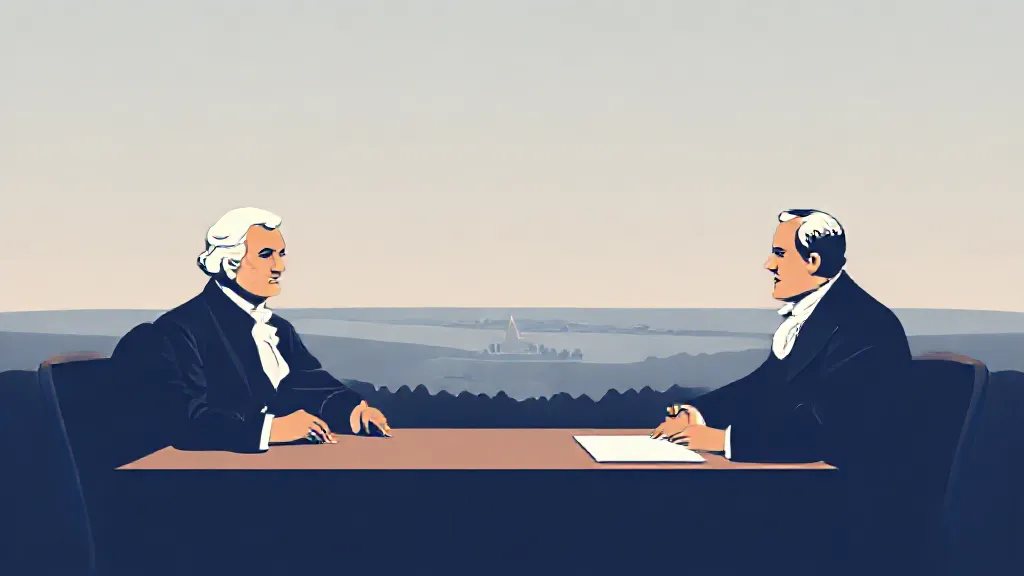The Louisiana Purchase, finalized in 1803, stands as one of the most significant land acquisitions in American history. This monumental event not only doubled the size of the United States but also set the stage for westward expansion, economic growth, and the complex interplay of politics in the early 19th century. Understanding its significance requires a deep dive into the historical context, implications, and consequences of this vast territorial gain.
Historical Context of the Louisiana Purchase
The backdrop of the Louisiana Purchase is rooted in the geopolitical landscape of the early 1800s. France, under Napoleon Bonaparte, had regained control of the territory from Spain in 1800. The vast expanse of land, stretching from the Mississippi River to the Rocky Mountains, was crucial for the burgeoning United States, particularly for trade and westward expansion.
President Thomas Jefferson, recognizing the strategic importance of New Orleans as a vital port for commerce, sought to secure American access to the region.
Jefferson's Vision and Diplomatic Efforts
Jefferson's vision for America was one of agrarian democracy, where independent farmers would thrive. To realize this vision, he understood that control over the Mississippi River was essential.
Initially, Jefferson authorized Robert Livingston and James Monroe to negotiate the purchase of New Orleans and its surrounding areas. However, the unexpected offer from France to sell the entire Louisiana Territory transformed their mission into a historic opportunity.
The Financial Implications of the Purchase
The Louisiana Purchase was completed for approximately $15 million, a sum that many at the time considered exorbitant.
However, the financial implications of this acquisition were profound. The cost amounted to roughly four cents per acre, a bargain that would ultimately yield immense returns in terms of land, resources, and strategic advantages. The financial burden was initially met with skepticism, but the long-term benefits would far outweigh the initial expenditure.
Impact on Westward Expansion
The acquisition of the Louisiana Territory opened the floodgates for westward expansion. It provided the land necessary for the idea of Manifest Destiny, the belief that Americans were destined to expand across the continent. This expansion not only facilitated the movement of settlers but also led to significant developments in agriculture, trade, and transportation.
The establishment of new states and territories would follow, shaping the future of the nation.
Cultural and Social Ramifications
The Louisiana Purchase also had profound cultural and social implications. The integration of diverse populations, including Native American tribes, French settlers, and Spanish-speaking inhabitants, created a complex tapestry of cultures.
However, this integration was not without conflict. The westward movement often resulted in the displacement of Native American tribes, leading to a series of confrontations and treaties that would shape American history for decades.
Political Consequences and Debates
Politically, the Louisiana Purchase ignited debates about federal power and constitutional interpretation.
Jefferson, a proponent of limited government, grappled with the implications of such a vast acquisition. Critics argued that the purchase exceeded the powers granted to the federal government by the Constitution. Ultimately, the successful acquisition set a precedent for future territorial expansion and federal authority.
Long-term Significance and Legacy
The legacy of the Louisiana Purchase extends far beyond its immediate effects. It laid the groundwork for the United States to emerge as a continental power. The subsequent exploration of the territory by Lewis and Clark in 1804-1806 provided critical insights into the geography, resources, and inhabitants of the region, further fueling interest in westward migration.
The purchase also served as a catalyst for future territorial negotiations and conflicts, including those related to slavery and statehood.
Conclusion: A Transformative Event in American History
In conclusion, the Louisiana Purchase was a transformative event that reshaped the United States in numerous ways. It not only expanded the nation's territory but also influenced its political, economic, and social fabric.
Understanding the significance of the Louisiana Purchase is essential for grasping the complexities of American history and the ongoing narrative of expansion and integration that defines the nation to this day.
